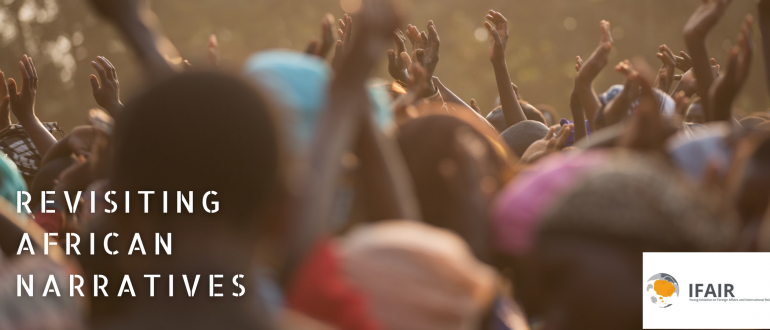
Politics or Education? Combating the decline of the African Court on Human and Peoples’ Rights
This article is part of IFAIR’s series “Revisiting African Narratives”. Please find more information here.
Disclaimer: The views and opinions expressed in this article are those of the author and do not necessarily reflect the opinion of IFAIR e.V. or its members.
The current human rights violations arising from political strife in Ethiopia, Mali and Mozambique almost seem like a normal day in the African continent, with victims of the violence likely to remain unheard. However, this impunity surrounding human rights violation in Africa was never meant to be permanent; when the Protocol to the African Charter on Human and Peoples’ Rights on the Establishment of an African Court on Human and Peoples’ Rights was introduced, it was supposed to provide victims with effective remedies and compensation.
In reality, despite having gained broad approval amongst Member States of the African Union during its formation, only 30 out of the 51 AU states ratified the Protocol. Furthermore, only 10 States accepted the Court’s jurisdiction to hear complaints from individuals and NGOs on alleged rights violations- something which might seem unexpected to people familiar with the caseload of the European human rights mechanism. While this lethargic rollout already indicated underlying issues, the challenges of the African Court has only increased with time.
In 2016, Rwanda withdrew its acceptance of individual and NGO access to the Court, in response to a judgment that had ramifications to its domestic politics. Rwanda’s withdrawal was followed by Benin and Côte d’Ivoire, who also pulled out of the Court following decisions against their respective governments. With only seven states allowing effective access, the African court can no longer be considered as a truly Pan-African mechanism. If the situation does not change, it is likely that the African aspirations of a thriving community of democracies will remain a pipedream.
As far back as 2008, African leaders had tried to encourage governments to be more participative in the Court, by adopting a resolution which would replace the current mechanism with an “African Court of Justice and Human Rights”. This was intended to reduce the concerns by African governments of being subject to extra-national adjudication mechanisms which would restrict their sovereign powers. However, the proposal seems to have similarly failed, with only eight ratifications approving the change.
This only shows that the answer to the Court’s problems is not to create another court to replace the current mechanism. Instead, the only possible change is not a legal one but is rather an educative process. Only strong human rights education combined with advocacy from civil society can alter the deteriorating situation. African states with strong human rights records such as Mauritius, Botswana and South Africa should not only lobby other African states to enhance their human rights records, but should themselves embrace the Court – something which we have not seen yet.
The Tanzanian government’s reversal of its decision to withdraw its acceptance of the Court’s jurisdiction is only a first step. It is crucial for African organizations to pressure African states to support the Court from the attacks and irrelevance it faces. Failure to do so would only consolidate the idea that Africa is constantly focused on rhetoric rather than concrete actions.

Vishwanath Petkar
Vishwanath Petkar is a student of law at University Paris 2: Pantheon-Assas in Mauritius. He is interested in matters of International relations and International law, with specific focus in African issues.
